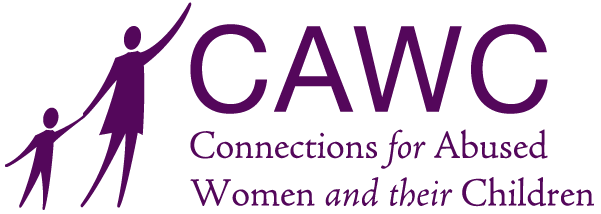What Is Reproductive Coercion?
Reproductive coercion is a form of intimate partner violence in which one partner exhibits controlling or manipulative behaviors aimed at influencing the other’s reproductive choices without their consent. It can involve various tactics, such as pressuring or manipulating an individual into initiating or terminating a pregnancy, controlling birth control methods, sabotaging contraception, or intentionally exposing a partner to sexually transmitted infections (STIs).
It’s important to note that reproductive coercion encompasses both reproductive and sexual coercion. Reproductive coercion entails influencing pregnancy outcomes, while sexual coercion involves forcing or pressuring a partner into engaging in unwanted sexual activities. Both can have severe consequences for the survivor’s physical, emotional, and reproductive health. Although any gender can commit this form of domestic violence, reproductive coercion statistics indicate that women are by far the most affected.
Facts About Reproductive Coercion
Reproductive coercion often occurs in the context of domestic violence, where power and control dynamics are prevalent. Here are some important things to know about this issue:
- • About 1 in 4 American women who seek services at a sexual health clinic report reproductive coercion.
- • There is a well-documented link between domestic violence and reproductive coercion, birth control sabotage, and unintended or unwanted pregnancy. This is particularly true among non-White women aged 29 and under, with those aged 16-24 being at the greatest risk.
- • As of 2022, nearly a quarter of all women worldwide were not able to prevent unwanted sex from occurring. At least one documented major factor in the rate of unintended pregnancies is sexual violence and reproductive coercion.
- • 40% of women who have been exposed to abuse report having had an unintended pregnancy.
- • Assessment and counseling for reproductive coercion in healthcare settings has strongly positive outcomes for women. It results in a 70% reduction in reproductive coercion and a 60% greater likelihood that women will terminate their current harmful relationships.
Reproductive coercion is a serious form of abuse that can severely impact a person’s autonomy, well-being, and reproductive health. If you or someone you know is experiencing this or other forms of domestic violence, seek out support. Counseling helps women begin to regain control over their own bodies and make informed decisions about their reproductive futures. Remember, no one should have their reproductive choices controlled by another individual, and support is available to assist you on your journey toward safety and empowerment.
Learn More at our Upcoming Webinar and Get Support With CAWC
Sign up now and join us for our next Kitchen Table Conversation where we will be discussing the intersections of reproductive justice and domestic violence and how, as an advocate, you can further the movement for safety, choice, and social justice for all. Click here to register.
At Connections for Abused Women and Their Children (CAWC), we believe that everyone has a right to a life free of violence. Our mission to end domestic violence is rooted in education, service, and advocacy. In addition to working toward broader social change, we provide empowerment-based and trauma-informed support in the form of shelter, counseling, and advocacy to individuals affected by domestic violence and their children.
If you or someone you know is struggling with domestic violence, don’t hesitate to call our 24-hour hotline at (773) 278-4566.
